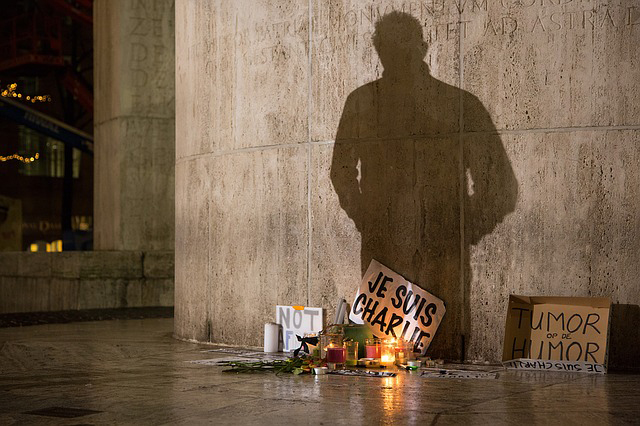“ICJR considers that there is no strong enough reason to cover the discussion of the duration of detention in the Anti-Terrorism Bill”
The discussion of the Anti-Terrorism Bill on 14 June 14 2017 went closed-door in the House of Representatives. The discussion agenda was on the duration of detention in the Anti-Terrorism Bill, which is one of the most crucial issues that should involve public participation and supervision.
The provisions of the detention in this Bill are very excessive because they are not based on the principles set forth in the Criminal Procedure Law. One of them is the right to be immediately advanced into the courtroom and to be legally proceeded. This length of time is against the ICCPR. The provisions which are also regulated in the Criminal Procedure Code, violate the principle to be immediately faced the judges and processed by law, the length of the detention time will result in the downgrading of some rights and excessive restriction of freedom without respecting the principles of law and human rights.
ICJR understands that the a Terrorism case is not an easy case to solve, but ICJR also assesses that the Government’s desire to extend the duration of detention is not based on a strong review or evidence of the urgency for an extended duration of detention.
The total time of 450 days of detention is only for the investigation and prosecution process is actually excessive, considering the ruling of the Constitutional Court that requires at least 2 evidences to make a detention.
Article 25 subsection (1) to Article 25 subsection (5) of the Anti-Terrorism Bill must be recalculated, in order to be in accordance with the Criminal Procedure Code, or at least not to exceed the provisions of the current Anti-Terrorism Law (the current Anti-Terrorism Law has already provided more than 6 months of detention).
Therefore, this discussion should be carried out openly, so that later the conclusion can be drawn on why the detention duration is required so long, in the future this is also very influential on the integrity of the legislators in making the law concerning the law enforcement that always get the spotlight from the public eyes. The closed discussion of the Anti-Terrorism Bill resulted in the absence of supervision and non-active participation by the community.
ICJR understands that for the investigators, the duration of detention is crucial, but that does not mean that the discussion is so sensitive and it must be in closed-door. Therefore, ICJR sees that there is no strong enough reason to cover the discussion on the duration of detention in the Anti-Terrorism Bill, the discussion should be open.




![[Rilis Koalisi Advokasi Narkotika untuk Kesehatan] Dalam Semangat Hari Kartini, Tiga Ibu Lanjutkan Perjuangan Uji Materil Larangan Narkotika Untuk Pelayanan Kesehatan di Mahkamah Konstitusi](https://icjr.or.id/wp-content/uploads/elementor/thumbs/WhatsApp-Image-2021-04-21-at-12.45.51-r4isinpcm8l8ufpwmkam3q3d679urq8kri0t5ezwvg.jpeg)